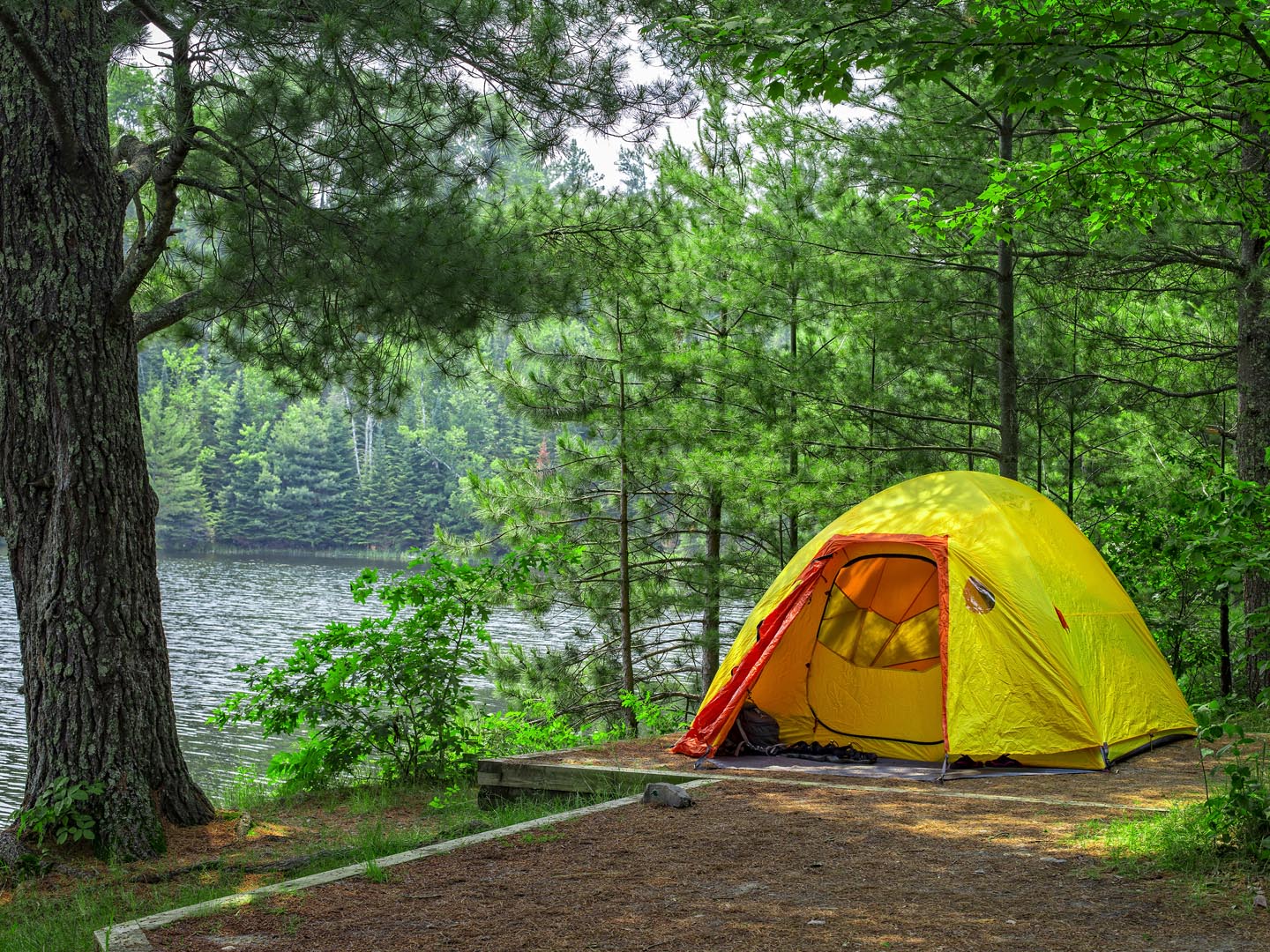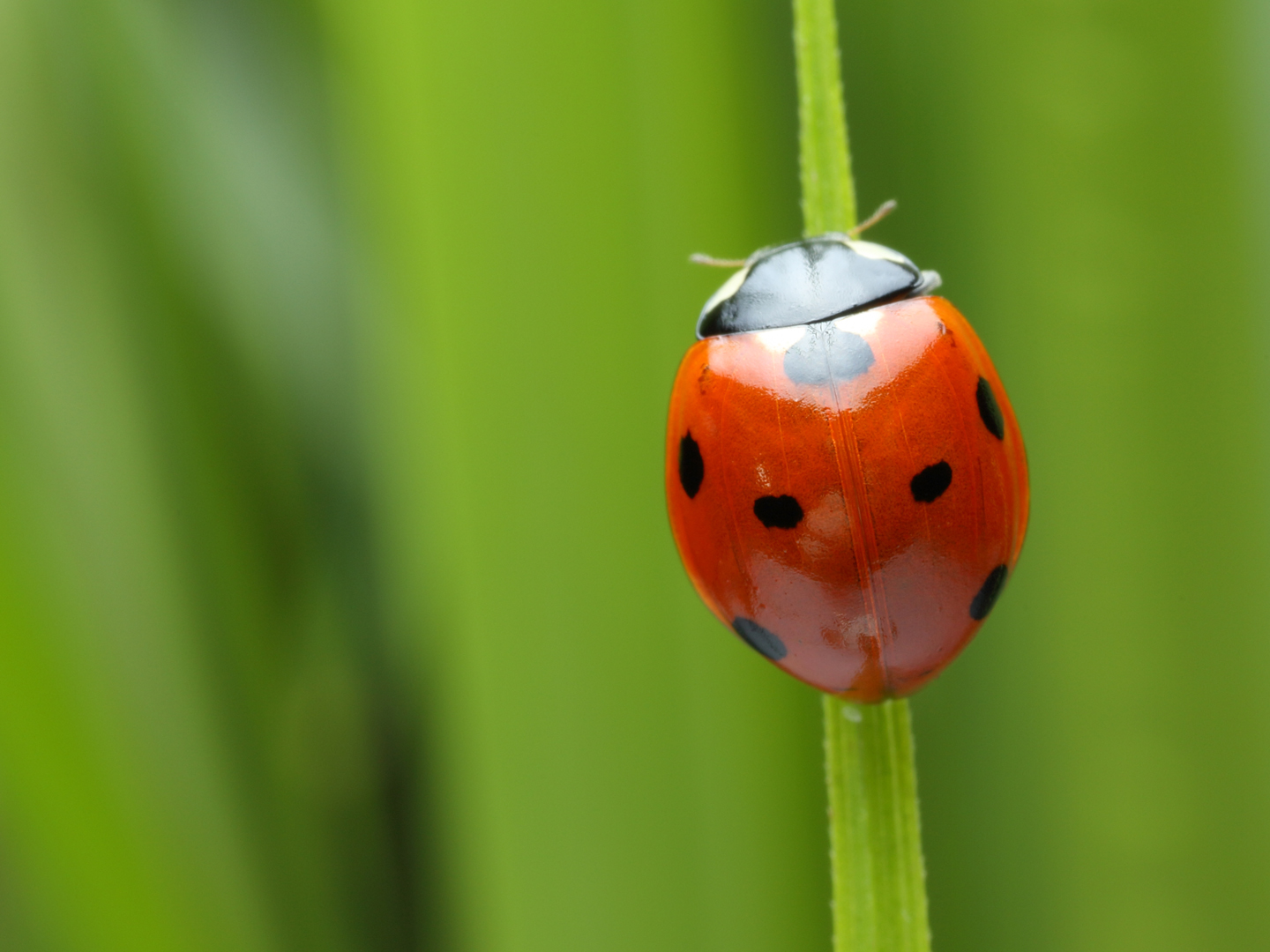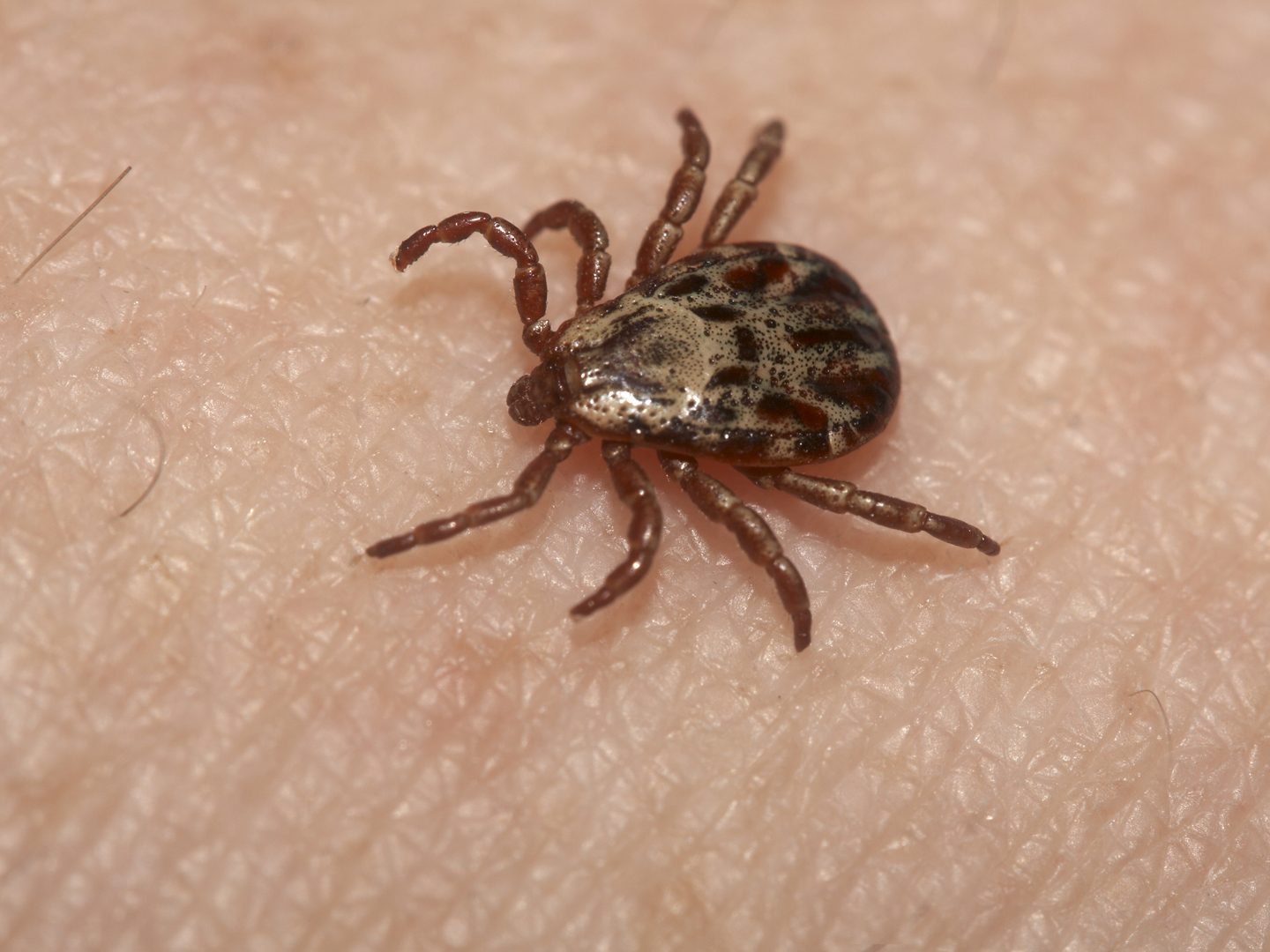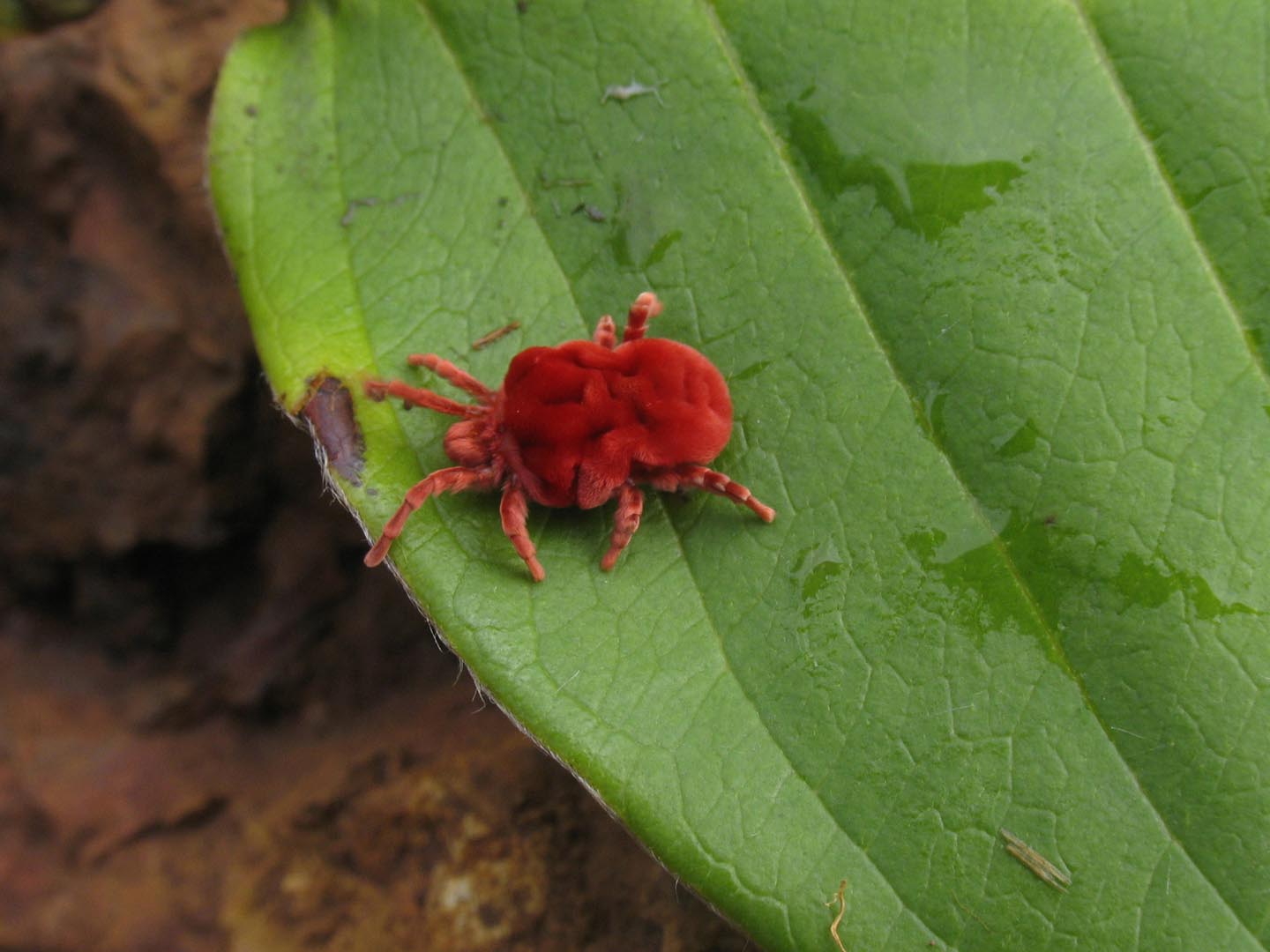Malaria Prevention?
I’m going to be traveling in an area where malaria is a danger. What do you recommend as a preventive? I’ve heard that chloroquine is ineffective in most places.
Andrew Weil, M.D. | March 8, 2011
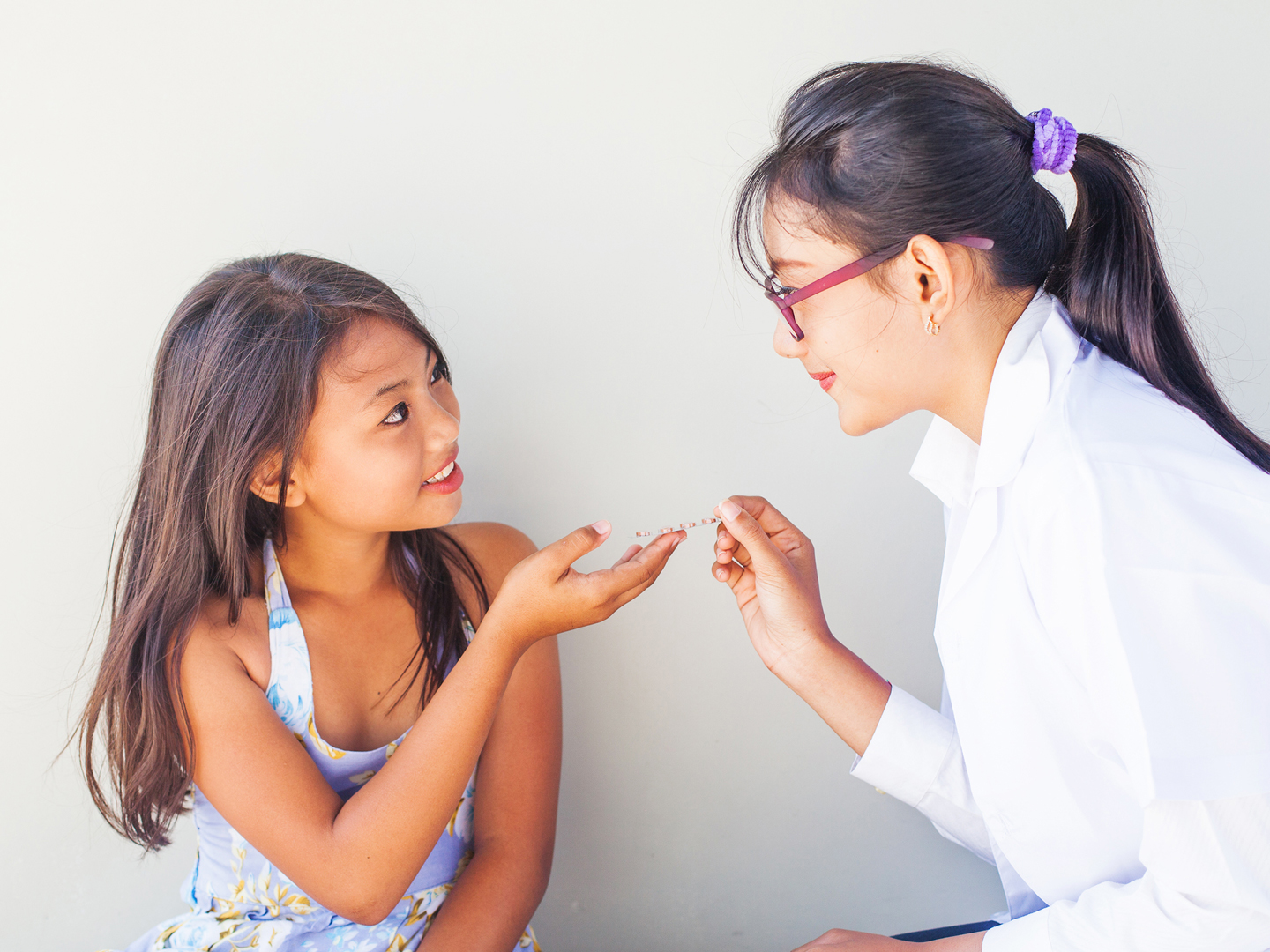
Malaria, a potentially life-threatening disease, is spread by the bite of a female mosquito infected with one of four species of Plasmodium, a protozoal parasite that attacks red blood cells. It occurs in some of the poorest areas of the world – tropical parts of Africa, Asia, the Middle East, and Central and South America. I’ve never taken anything to prevent malaria and never gotten the disease, but I am careful. When I was in southern India in the dry season, there was no risk because there were no mosquitoes, but most of the tourists I met were taking antimalarial medication anyway.
I discussed the chloroquine issue with Paul Abramson, M.D., an integrative medical doctor and travel medicine specialist in San Francisco who is a graduate Senior Fellow of the Arizona Center for Integrative Medicine. Dr. Abramson first emphasized that no medication is a replacement for basic precautions to avoid mosquito bites – using nets and protective clothing, treating clothing and nets with permethrin, and using insect repellents containing 20-35 percent DEET or 20 percent picardin. As for preventing malaria by taking medication, Dr. Abramson confirms that chloroquine is ineffective in most places. He says that mefloquine, another drug you may be advised to take, is generally not recommended due to its side effect profile (a very long list ranging from nausea, vomiting and diarrhea to seizures, depression and hallucinations).
Nonetheless, you may need it for certain areas of the world; a travel medicine specialist can advise you on the most effective medication to take for specific places you’ll be visiting. Another option, atovaquone-proguanil, is expensive but convenient and well tolerated, Dr. Abramson says. The antibiotic doxycycline, used to treat malaria, may be used for prevention as well. It is inexpensive and also generally well tolerated.
Whatever anti-malarial you are advised to use, be sure to continue to take it after you leave the malaria-endemic area. The length of time will depend on the medication you’re using. If you don’t do this, you run the risk of developing malaria after you get home. This can happen even if you complete the recommended course of if you do take preventive pills; be sure to seek medical help if you develop an unexplained fever as long as six to 12 months after your trip.
Bear in mind that malaria pills don’t protect against other serious mosquito-borne illnesses including dengue fever, Chikungunya fever, yellow fever and Japanese encephalitis. Your best protection against all of those is to take all possible measures to avoid mosquito bites.
Andrew Weil, M.D.






